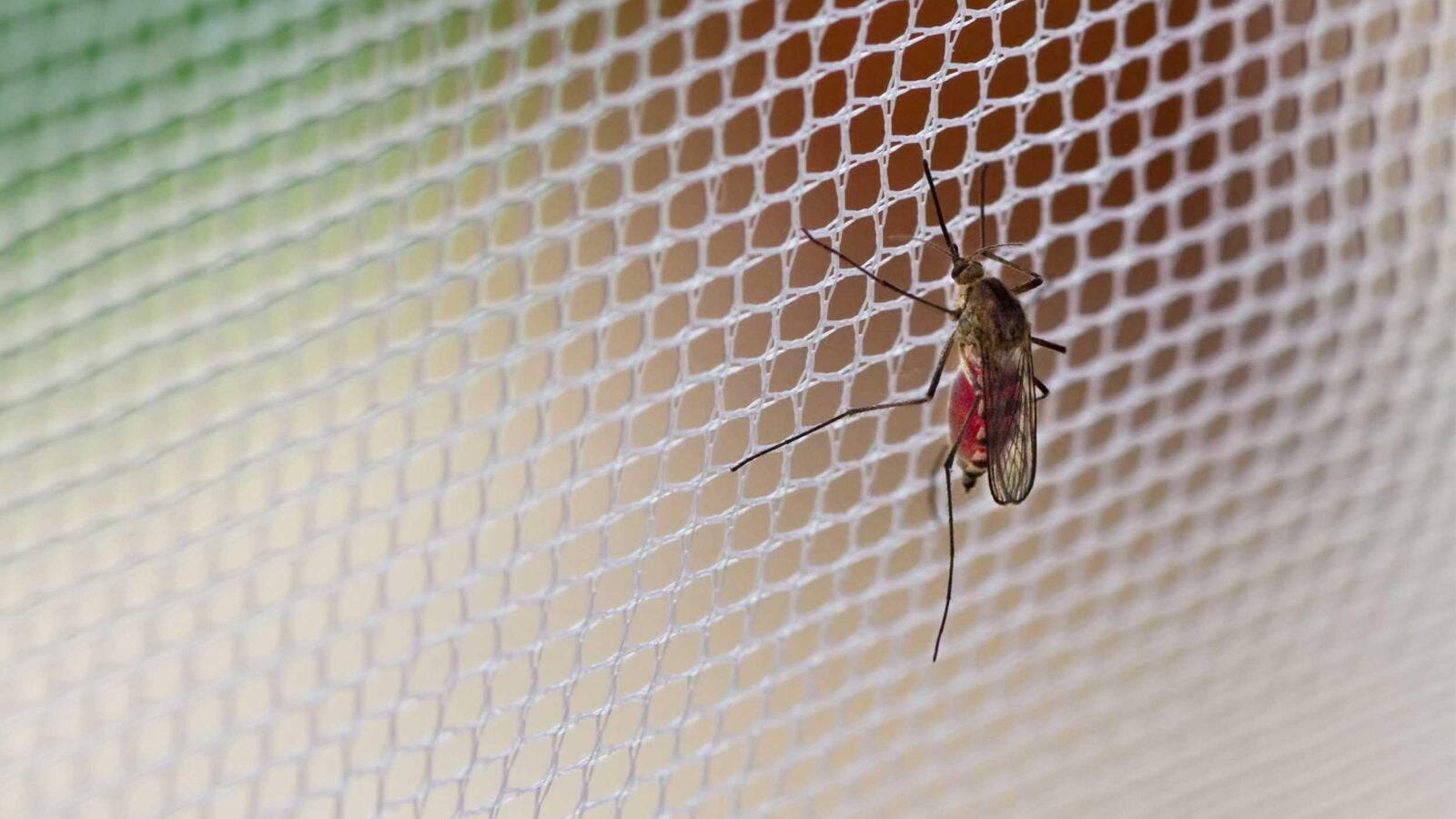Malaria is the most outstanding public health problem in Nigeria.
The disease continues to pose a significant public health crisis in the country and according to the World Health Organization, every two minutes, a child dies.
- How states can survive as oil revenue declines
- Viable mining sector can address revenue shortfall – Prof Garba
Several types of research have shown that its severity places pregnant women and children under the age of five at most risk of the disease.
Malaria is a life-threatening condition as it increases the fatality rate in the country. According to WHO, Nigeria recorded 602,000 deaths in 2021.
Thus, many factors can be attributed to why Nigeria is the most malaria burden country and some of them are poverty rate, lack of access to health care, bad drainage system and housing deficit.
Starting with poverty, its rate in Nigeria plays a huge role in the increase of unhygienic living conditions, coupled with a poor standard of living, which contributes to outbreaks of the disease and other diseases.
According to Nigeria’s Health Insurance Scheme (NHIS), an estimated 120 million Nigerians do not have health insurance coverage, resulting in poorer health outcomes, as payment for treatment may be too expensive for many average Nigerians.
Symptoms of malaria
Some of the symptoms of malaria are; High fever, headache, abdominal pain, muscle pains, nausea, vomiting, profuse sweating, shaking chills, diarrhea, deep breathing and respiratory distress, and impaired consciousness, among others.
What can be done to prevent malaria and its spread?
Traditionally, the fight to tackle the menace of malaria has been championed by the health sector alone with little or no involvement from other sectors or the general community. But curbing malaria cannot be achieved solely by the health sector.
However, communities need to put in efforts as well by doing what is necessary to prevent malaria or spreading it by actively participating in functions and programs that enlighten them about health issues and putting them to use.
For instance, communities need to clean their surroundings regularly, use mosquito repellents and nets, and avoid self-medication, especially for children and pregnant women.
Persons or communities that are affected largely by malaria are expected to treat its prevention as a priority otherwise every effort made by any health organization will fail.
The World Health Organization’s approach to preventing the deadly disease includes continued support for national authorities specifically the health ministries in essential public-health functions related to malaria control.
In October 2021, WHO made a motion to approve a vaccine named RTS,S also called Mosquirix as part of efforts to eradicate malaria. The vaccine is designed to prevent the parasite from infecting the liver, where it can mature, multiply, re-enter the bloodstream, and infect red blood cells, leading to malaria symptoms. Mosquirix is useful in malaria prevention strategies.
Access to the vaccines will be effective in fighting the spread of malaria in Nigeria and globally.
Considering the challenges faced in 2021, the Nigerian government launched the malaria eradication fund to strengthen the country’s public health system. Expectations determine that these resources will aid efforts geared towards eliminating the disease in the country so that the WHO can certify Nigeria malaria-free by 2030.

 Join Daily Trust WhatsApp Community For Quick Access To News and Happenings Around You.
Join Daily Trust WhatsApp Community For Quick Access To News and Happenings Around You.


